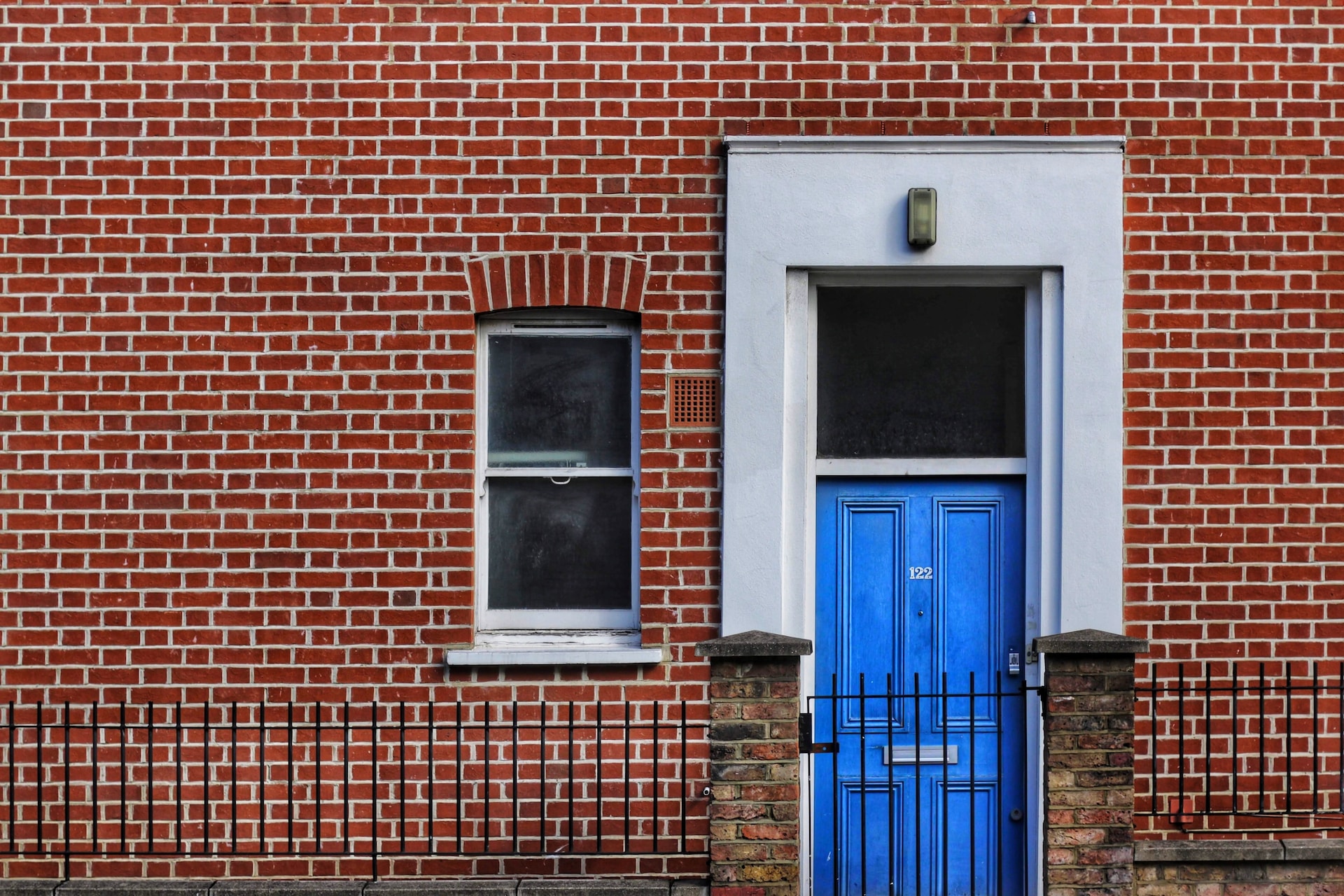When someone passes away, their home is generally the most valuable item left in their Estate.
What happens to the property depends on how the deceased owned it and what the Will states should happen (if there is a Will).
Dealing with the deceased’s property can seem complicated and a little overwhelming, especially when dealing with someone’s loss.
A solicitor is often involved in sorting out their affairs, including property, and for that reason, it’s not always clear what happens next.
Who is Responsible?
If the deceased did not leave a Will, then what happens to the house is usually decided by the Estate’s beneficiaries.
If the deceased left a Will, the person who deals with the Estate is called the deceased person’s ‘Executor.’
If the deceased person left an invalid will or no will at all, the person who deals with the deceased person’s estate is called an ‘Administrator.’
The court may appoint an Administrator before they can deal with the deceased person’s Estate.
They are accountable for not only the property but the entire estate administration after their loved one has died.
This involves following Will’s wishes or distributing the Estate as per the rules of intestacy when there is no Will.
If you have doubts about these roles, you should get legal advice from a solicitor.
You can find out more about what to do if there is no will here.
What Do Lenders Require?
Lenders have the right to demand the full amount of the mortgage to be repaid. If the Estate cannot meet this, the lender can ask for the property to be sold to repay it.
Is the Property Registered at the Land Registry?
If the home’s legal title has been registered with the Land Registry, then the title will be obtainable from the Land Registry website.
This will show how the deceased owned the property.
If the legal title is not registered, then no title document will be held by the Land Registry, and you should try to locate the original Title Deeds.
How Was the Property Owned?
In England and Wales, a house’s legal ownership can take several different forms, depending on whether it is owned by the deceased on their own or owned jointly with another person.
Joint Ownership – Joint Tenants
There are two ways in which a property can be owned jointly with another person.
The simplest form is where the property was held as Joint Tenants with somebody else. This will often be the deceased’s spouse or civil partner.
In these cases, neither individual owns an identifiable share of the property. So, the same as a joint bank account, the property’s ownership passes directly to the surviving owner upon death.
A Grant of Probate is not required for this. If the house title was registered with the Land Registry, then a ‘death of a joint partner’ form can be completed to update the property title to show just the name of the surviving owner.
If the house was not registered, then an original death certificate should be stored with the property’s Title Deeds.
Joint Ownership – Tenants in Common
Another form of legal joint ownership is for a house to be held as Tenants in Common.
In this case, each owner has a specific share in the property’s value that belongs to them. Often this is half-and-half, but can sometimes be disproportionate.
Holding a share in the property as Tenants in Common is a complex arrangement. Usually, where this is the case, the deceased has traditionally left a Will that declares what is to happen with their property share.
If they have not left a Will, then their share of the property would form part of their Estate, passed in line with inheritance laws called the Rules of Intestacy.
With property held as Tenants in Common, although the deceased’s Estate may include a share of the property if the other owner named in the title deeds is still living, they have legal rights to the property.
Only they can decide if the property is to be sold or if a new legal owner is to be added to the property title.
Sole Ownership
This is where the person that has died was the only owner of the house.
They may have passed away, leaving the house unoccupied; so, special care should be taken here to ensure that the property remains insured and an active insurance policy is not invalidated by the property being left unoccupied.
If There Is a Will
What happens to the house is dependent on whether the deceased left a Will and if this has any directions as to what should be done with the house.
The Will may state that the house is to be left as a specific gift to one or more of the Beneficiaries.
The house legally passes to the Beneficiaries through an ‘Assent.’ The Grant of Probate needs to be obtained before an Assent can be completed.
If the deceased did not leave any specific instructions in their Will, then it is up to the Executor/s of the Estate and the Beneficiaries to decide what should be done with the property.
They can choose to deal with the property in the same way as if there was no Will (aside from the Rules of Intestacy).
If There Is No Will
If there is no Will, then the Rules of Intestacy will come into action.
Often the house will be sold and the sale’s profits divided between the Beneficiaries in line with the rest of the deceased’s Estate.
The house can be put on the market, and a sale agreed upon, but a Grant of Probate must be obtained before the legal process of selling the property can be concluded.
Most estate agents will be aware of this requirement to sell properties belonging to the Estate of someone who has passed away.
Alternatively, one of the Beneficiaries might want to receive the house as their inheritance.
In such a case, this needs to be agreed with any other Beneficiaries of the Estate. The property’s value then counts towards the share of the Estate that the Beneficiary was due to inherit.
When there is no Will, then the deceased spouse or civil partner has the right of first refusal to receive the house as their inheritance.
If There Are No Surviving Relatives
If there are no surviving relatives who can inherit under the intestacy rules, the Estate passes to the Crown, known as bona vacantia.
The Treasury Solicitor is then responsible for dealing with the Estate. The Crown can make grants from the Estate but does not have to agree to them.
If you are not a surviving relative, but you believe you have a good reason to apply for a grant, you will need legal advice.
For more information about bona vacantia, go to the GOV.UK website at www.gov.uk.
Inheritance Tax
Inheritance Tax is usually only payable on estates worth £325,000 or more, and you usually won’t pay anything if everything above this threshold is left to a spouse, civil partner, or charity.
For others, the UK’s standard Inheritance Tax rate is 40% and is only charged on sums above the threshold.
This means that if you have an estate worth £500,000, the Inheritance Tax charged will be 40% of £175,000 (£500,000 minus £325,000), in this case totalling £70,000. Inheritance Tax is subject to the “7-year rule” though.
The more time that passes after someone gifts property while still being alive, the less tax there is to pay, according to the “tapered relief” sliding scale. Have a look at the government website for more information.
It’s important to remember that even if the Estate’s value is below the threshold, you will still need to report it to HMRC.
Final Word
The ownership of the property doesn’t need to be dealt with immediately.
Suppose you’re going through a difficult time. In that case, it may be a struggle to deal with practical matters, such as organizing and paying for the funeral and informing authorities such as credit reference agencies.
Lenders tend to be sympathetic about bereavement and may put a hold on repayments until it has been decided who is responsible for the Estate and its debts.
There is a lot to consider when it comes to dealing with property when someone dies. Much will depend on what the deceased owned and what the beneficiaries intend to do with the property.
Whatever is decided doesn’t have to be rushed and is usually dealt with several weeks after reading the will.
Learn more about our inheritance tax valuations service, or alternatively please contact us anytime and we will organise for FREE expert advice to be organised for you.



